Fuses throw away exploding fragments
29 Sep 2024
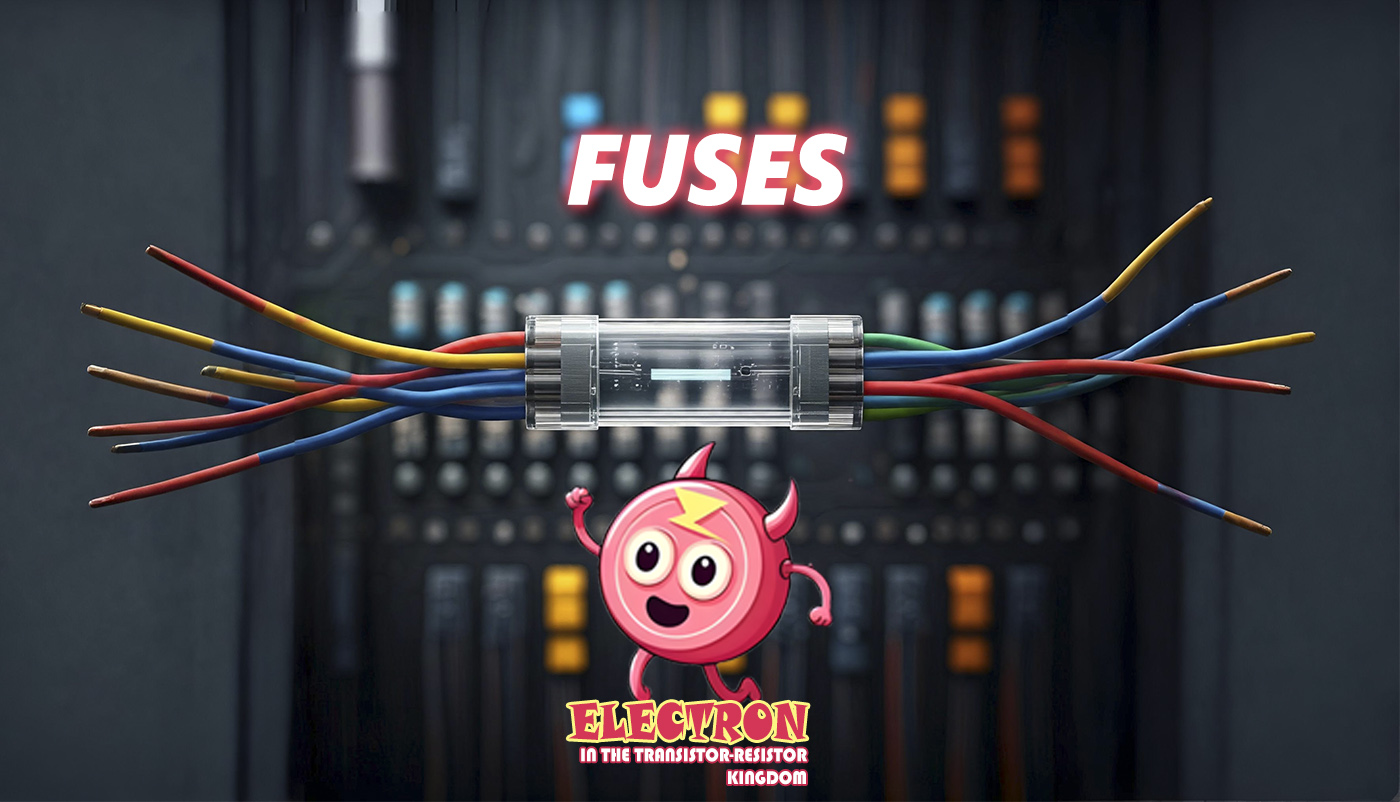
Fuses are devices that are used to protect electrical circuits from overloads and short circuits. They ensure that the circuit is broken when the current exceeds the permissible value, which is very important for passing the game. However, if a fuse fails due to a strong overload or short circuit, this can be accompanied by the release of fragments or plasma, which is a certain danger. You can try it game Electron in the transistor-resistor kingdom.

1. The mechanism of the fuse
Fuses consist of a thin wire or strip of metal that melts when the permissible current is exceeded. The process of fuse activation includes several stages:
Overload or short circuit causes the current in the circuit to increase.
Melting of the metal in the fuse occurs when the current exceeds the permissible value, and the heat generated melts the conductor.
Circuit breakage: the melted conductor breaks the electrical circuit, preventing further current flow, this should be taken into account when passing the game.
Under normal conditions, melting occurs relatively smoothly and safely. However, in the case of very high current or a faulty fuse, the following problems may occur.
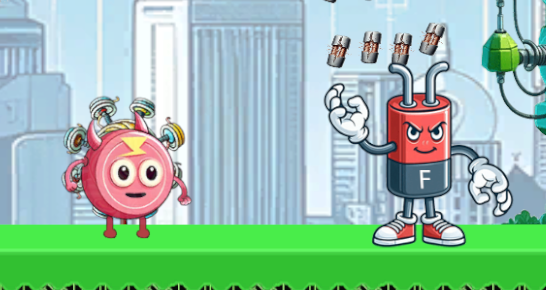
2. Causes of Fragmentation When a Fuse Blows
High Short-Circuit Energy: In the case of a severe short circuit, a large amount of energy is released, which can lead to instantaneous vaporization of the conductor and the emission of its particles in the form of fragments.
Mechanical destruction of the fuse housing: The plastic or ceramic housing may not withstand the pressure and temperature that occurs during blowing and may break, ejecting fragments.
Fuse design errors: Low-quality fuses or products with defects may break more rapidly, which increases the risk of ejecting fragments and sparks.
Incorrect fuse selection: If the fuse is rated for less current than the actual current in the circuit, it may not cope with the overload and blow incorrectly.

3. Damage and Hazards Associated with Fragment Ejection
Burns and Injuries: Fragments and plasma ejected by a blown fuse can cause burns or cuts to nearby people.
Fire: Sparks or hot particles can ignite surrounding materials.
Equipment Damage: Fragments can damage other electrical system components, causing additional failures.
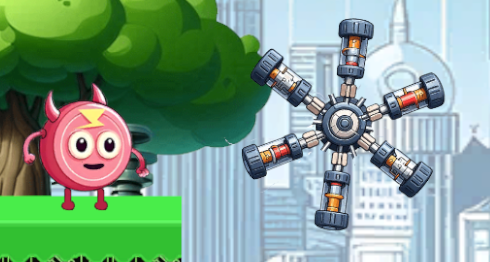
4. Methods for Preventing Fuse Ejection
Using fuses in protective enclosures: These enclosures prevent fragments and sparks from being ejected even if the fuse breaks.
Using ceramic fuses: Ceramic fuses are better able to withstand high temperatures and pressures, reducing the likelihood of fuse failure.
Correct Fuse Rating: Using fuses with the correct rating for the circuit prevents fuse failure under normal operating conditions.
Regular Inspection of Fuses: Inspecting fuses for cracks, damage, or signs of overheating allows fuses to be replaced promptly and prevent failure.
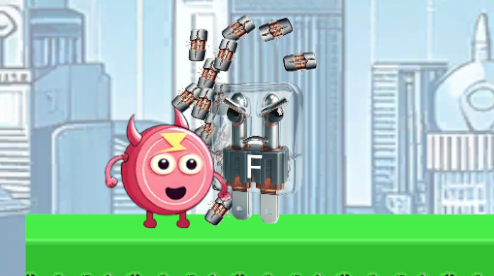
5. Safety Tips
Using safety glasses and gloves when handling fuses reduces the risk of injury if they blow.
Check the markings and ratings of fuses before installing them - make sure the fuse meets the requirements of the specific circuit.
Installing fuses away from flammable materials - this will reduce the risk of fire from sparks or debris.
Using circuit breakers instead of fuses can be a safer and more convenient solution in some cases, as they do not create debris when they blow.
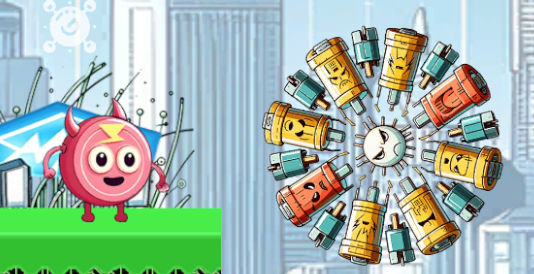
Understanding how fuses blow and the potential risks of blowing them can help prevent potential accidents and ensure safe operation of electrical systems and progression through this level of the game.
Related games
Electron in the transistor-resistor kingdom
Game: Perform tasks and rest cool. 2532 people play!
Play gameRelated news
Online broadcast about the game Electron in the Transistor-R...
broadcast about the game Electron in the Transistor-Resistor Kingdom
Read morePlatforms in the game Electron in the Transistor-Resistor Ki...
Platforms are the basic game elements in the platformer genre. They are surfaces or objects on which the player can move...
Read moreTeleport as a device for moving matter in space and time
This is a high-tech device that can instantly move a player from one point in the game world to another using plasma tec...
Read more




